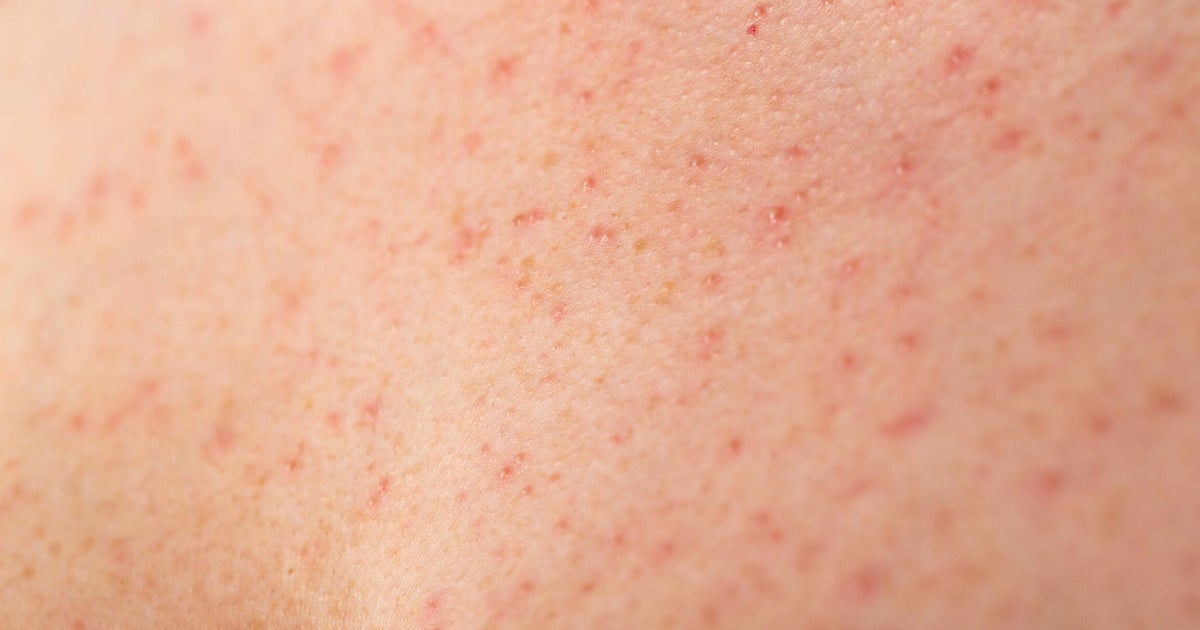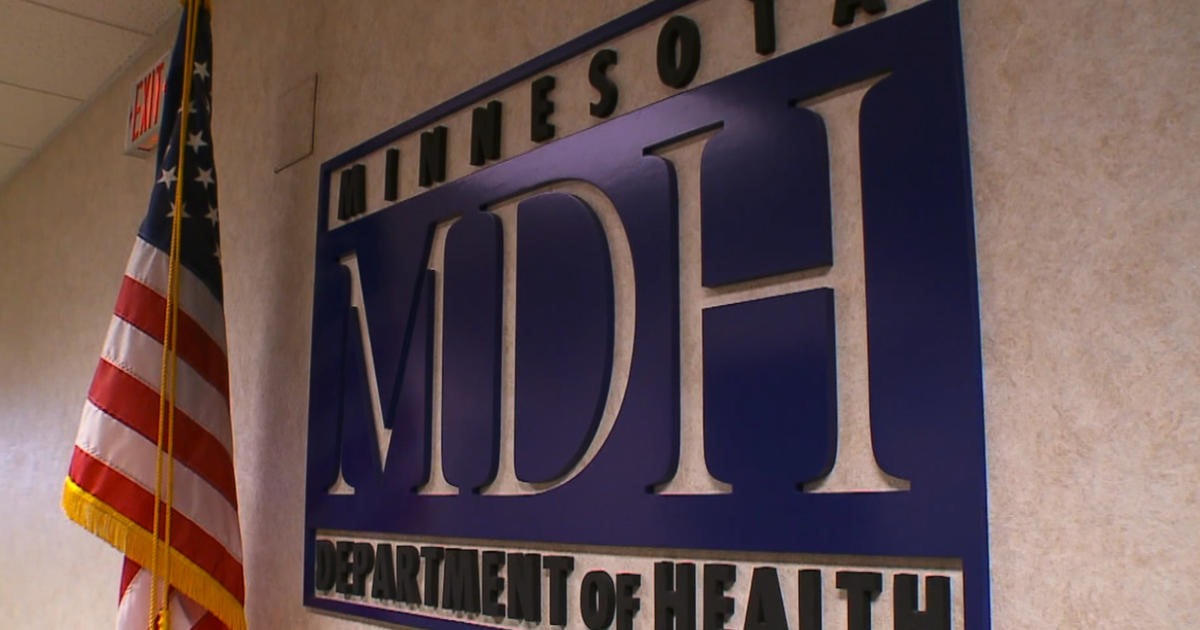First case of highly pathogenic avian influenza detected in a wild bird in Texas
AUSTIN (CBSDFW.COM) - National Veterinary Services Laboratories (NVSL) officials confirmed on May 4 that a case of highly pathogenic avian influenza (HPAI) had been detected in a wild bird for the first time in Texas.
Officials said that the HPAI virus was detected in a great horned owl at a rehabilitation facility in Wichita County after the owl began showing symptoms of the illness. The facility quickly notified the Texas Parks and Wildlife Department (TWPD), who submitted a sample for testing.
This is the first case of HPAI found in a wild bird in Texas, but other cases were detected in early April in a commercial pheasant flock located in Erath County.
HPAI, consistent with its name, is highly contagious and transmits easily among both wild and domestic bird species. It has now been detected in 38 states across the country.
The symptoms of HPAI include diarrhea, incoordination, lethargy, coughing and sneezing and sudden death, though birds infected with HPAI may not always have outward signs of infection.
Scientists said the virus can be spread through several vectors, including contract with infected birds and through coming into contact with contaminated equipment, clothing, and shoes. Because of the ease of transmission, TPWD has recommended that facilities with wild or domestic birds take extra security measures to prevent the virus' transmission. More information about these measures can be found on the United States Department of Agriculture and Texas Animal Health Commission websites.
TPWD also said that members of the public can help stop the spread by limiting contact with wild birds. Wildlife rehabilitators should also be careful when taking in birds with HPAI symptoms and consider quarantining birds to limit HPAI exposures within the facility.
Currently, TPWD said, the risk of birds transmitting the virus to humans remains low, but the agency recommends that if contact with wild birds can't be avoided to take basic precautions like wearing gloves, face masks, and handwashing.
Currently, the transmission risk of avian influenza from infected birds to people remains low, but the public should take basic protective measures (i.e., wearing gloves, face masks and handwashing) if contact with wild birds cannot be avoided. The Texas Department of State Health Services has more information on the potential HPAI has to spread to humans and how to reduce the risk of exposure.
If you find a bird that is showing symptoms of HPAI, TPWD recommends that you contact your local TPWD wildlife biologist or their Texas Animal Health Commission Region Office.







